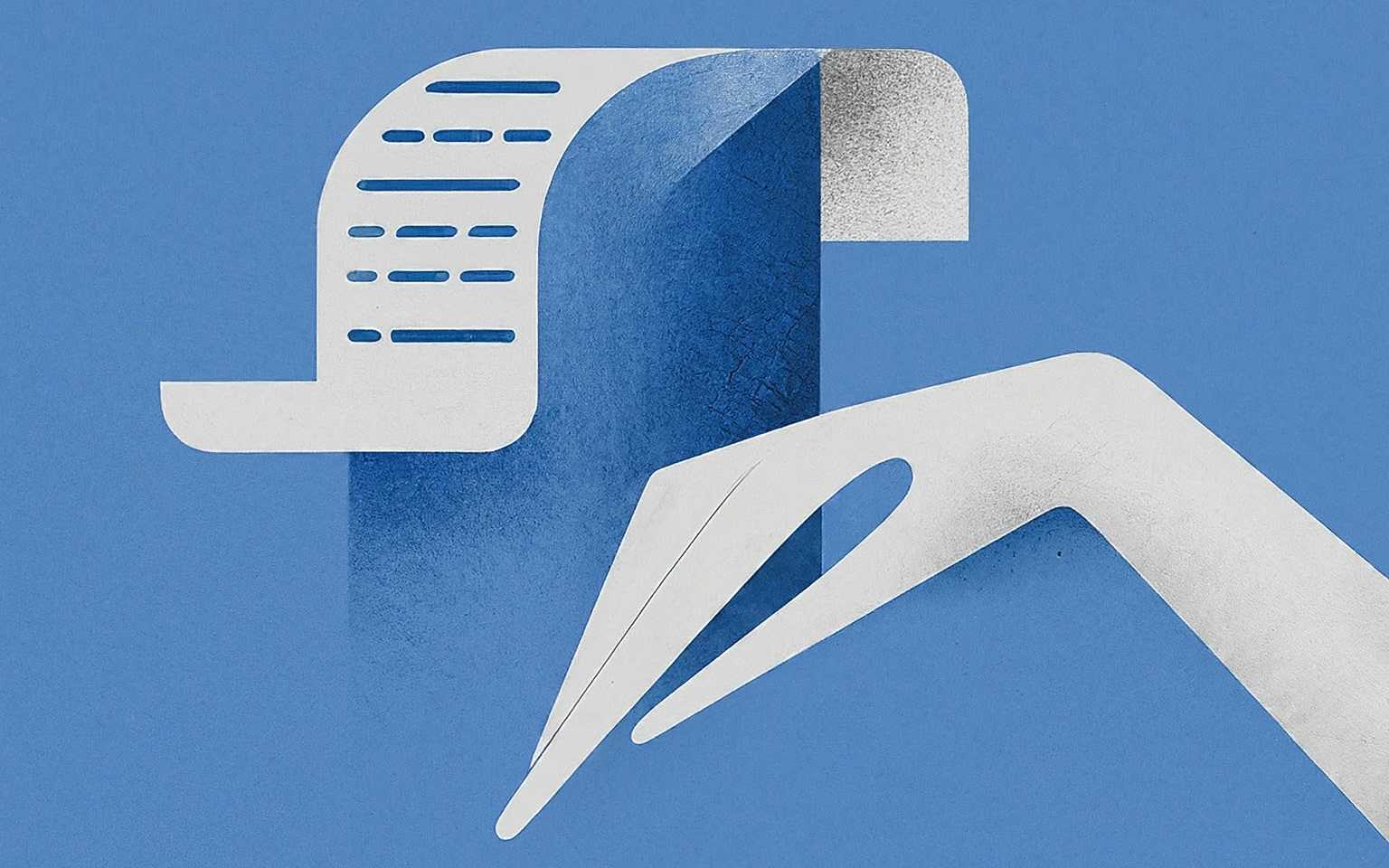Why You Need To Have Multiple Bank Accounts
Having just one account also puts all your...
March 23, 2024

Have you ever borrowed or lent money without any formal paperwork? You likely used an IOU – short for “I owe you”. IOUs play an important role in personal finance and business relationships by documenting debts through informal agreements.
In this article, we’ll explore what an IOU is, why they’re used, and the key information you need to include to make them effective.
An IOU, or “I owe you”, is a written acknowledgment that one party owes money to another. It documents the basic details of a debt in a simple letter format.
IOUs are considered informal debt instruments, as opposed to more formal agreements like promissory notes or loan contracts. They allow flexibility in structuring repayment and often rely on trust between parties rather than legal standing.
The origins of IOUs can be traced back centuries, with references dating back to the 1600s. The casual format made them popular for friendly lending between individuals or small businesses.
Nowadays, IOUs are commonly used for:
When drafting an IOU, ensure you include the following:
For small personal loans between friends, IOUs avoid uncomfortable formalities. For businesses, they facilitate cooperation between vendors awaiting payments. The main disadvantage is IOUs provide less legal security than more formal loans or promissory notes. However, they allow agility in lending which builds financial relationships.
Follow these tips when drafting an IOU:
The main legal question surrounding IOUs is whether they can be enforced in court. In some cases, IOUs are upheld as legitimate documentation of a debt, especially if properly detailed and witnessed.
However, they do not guarantee the same power to compel repayment as formal contracts. If loaning significant sums, it may be wise to draft a promissory note instead, which offers more legal recourse. But for casual lending between those who trust each other, an IOU serves its purpose. Enforcing collection of IOU debts still depends largely on the good faith of those involved.
Conclusion
IOUs have a time-tested role for documenting debts through informal agreements rather than legal channels.
They allow flexibility but rely on trust between parties. If used responsibly between individuals with established relationships, IOUs facilitate lending that works on good faith. The key is ensuring the IOU includes all details like the debtor, creditor, amount owed, repayment terms, date issued and signatures from both parties.
Following best practices for clear and complete IOUs prevents misunderstandings down the road.

Having just one account also puts all your...
Setting goals is one thing, sticking to them...
Savings can help you handle unexpected expenses, achieve...